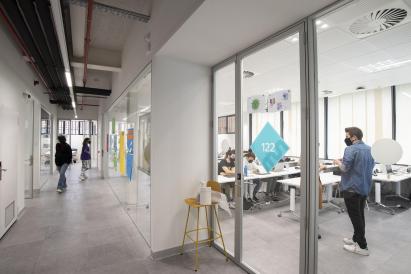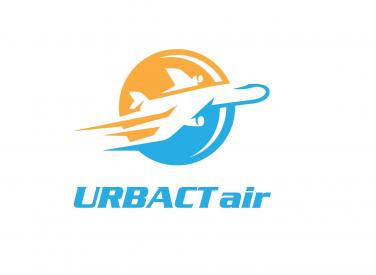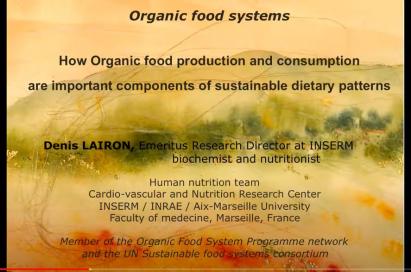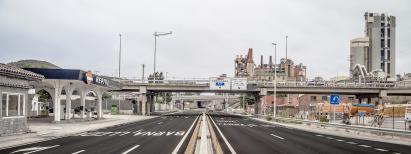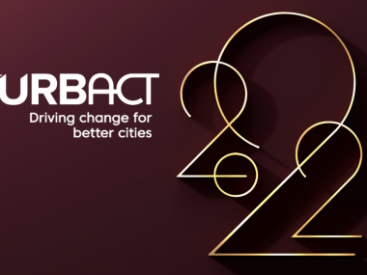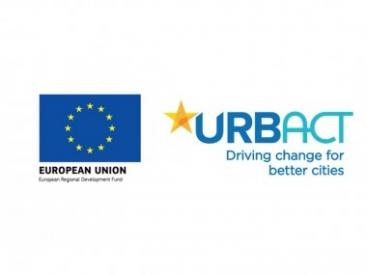"The Urban Industry 4.0 Talent Ecosystem: 7 Challenges"
"The Urban Industry 4.0 Talent Ecosystem: 7 Challenges" by Willem van Winden, URBACT Lead Expert
In many European cities, manufacturing industries are still important drivers of their economy. But the sector is in a process of transformation, under the influence of new technologies (robotisation, digitalization, new materials) and the urge to produce in a sustainable way. This transformation puts new demands on the skills and competences of people that work in the industry, but also on educational institutes in the city that educate the new talent flowing into the sector. How to create a local/urban talent ecosystem that is future proof? This article identifies seven key challenges that industrial cities face in this respect. It is based on in-depth interviews with companies, educational institutes, policymakers and experts in four industrial cities united in the AS-Transfer project: Bilbao, Bielsko-Biala, Tartu, and Timisoara.

